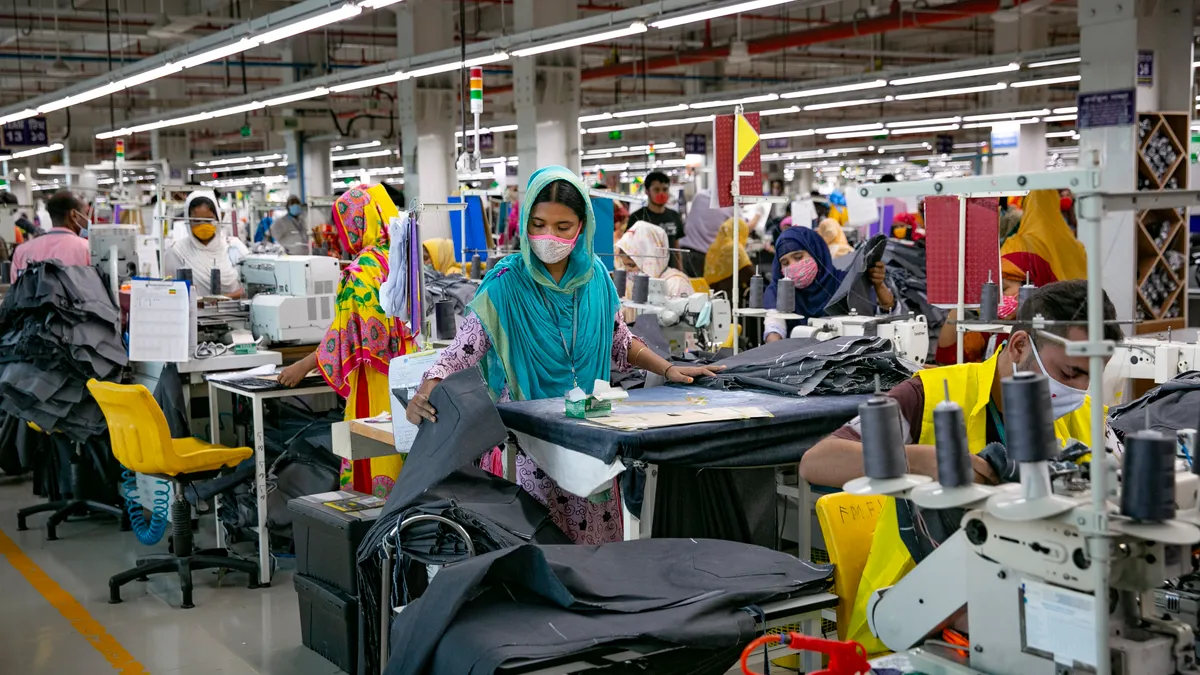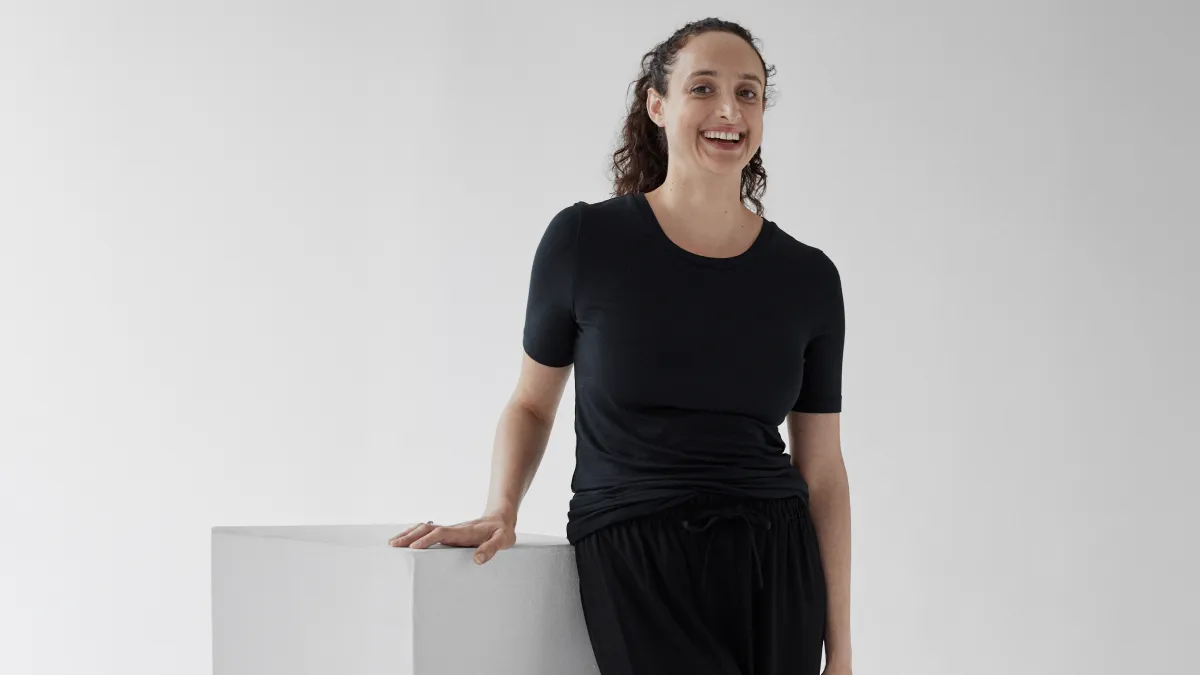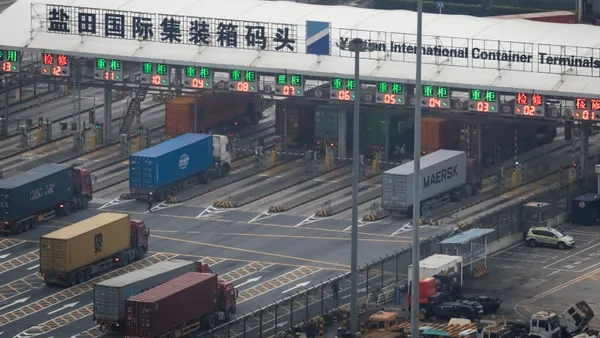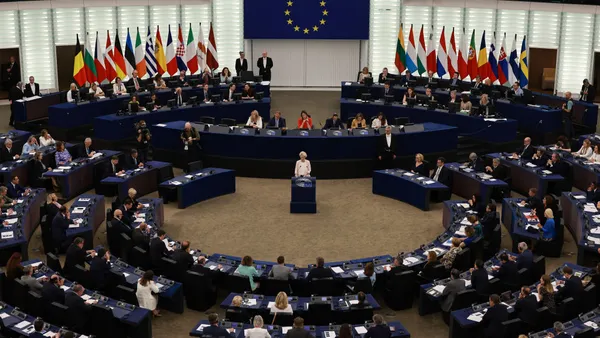Dive Brief:
- The Bangladesh chapter of the Asia Floor Wage Alliance, which advocates for higher pay for garment workers, said it is backing demands from the country’s trade unions for increased minimum wage, from around $75 per month (8,000 Bangladeshi Taka) to between $207 and $226 per month.
- Workers in some of the garment unions are also pushing manufacturers to implement an annual wage increase of 10% as opposed to the current 5% to reflect rising inflation rates.
- The support of the pay increase comes about a month after accusing Nike of violating guidelines of responsible business conduct and worsening wage losses for garment workers in Asian countries during the pandemic.
Dive Insight:
Bangladesh’s garment workers make up a sizable chunk of the country’s workforce, employing roughly 4 million people, with their work accounting for more than 80% of its total annual earnings from exports, according to a 2020 paper from the International Labour Organization.
In a statement last week, Asia Floor Wage Alliance called these workers the “backbone of Bangladesh’s economy.” Yet the group says many of them are living in extreme poverty and experiencing hunger after their wages fell sharply during the height of the pandemic.
When the health crisis first broke out, the average monthly wages for Bangladeshi garment workers fell from around $110 to only $37 by the end of 2020, according to a report from Asia Floor Wage Group. These changes were worsened by fashion brands canceling orders after manufacturers had already ordered supplies and refusing to pay for orders that had already been fulfilled, the report found.
The next year brought further financial challenges for garment workers in the form of rising gasoline, electricity and rice costs.
“We strongly support the trade unions’ demand for this minimum wage increase as it is an important step toward ensuring that garment workers and their families have the basic resources to survive and endure crises, including the impending economic recession,” the group said in the statement.
In a 2021 report, the Asia Floor Wage Alliance called out major fashion companies — including Adidas, Gap, H&M Group, Nike and Zara parent Inditex — for causing wages to decline among garment workers in Asian countries.
Although these workers are employed by suppliers, they craft garments according to designs and specifications that fashion companies provide. The group argues this puts these companies on the hook for ensuring workers are paid fairly.
In February, the Asian Floor Wage Alliance joined forces with another labor watchdog, the Global Labor Justice-International Labor Rights Forum, to file an international labor complaint against Nike.
Representing 20 garment worker unions from several Asian countries, the two groups alleged Nike has overlooked human rights issues within the factories with which it contracts and ignored union requests.
The groups said garment workers have seen unprecedented levels of layoffs, pay cuts, unpaid wages and discrimination since the pandemic started. Nike is partly responsible because it canceled and reduced orders in the early days of the health crisis, they argued.
The groups filed the complaint with the Organisation for Economic Co-operation and Development in Washington, D.C.
The groups are also targeting the fashion industry with its Fight the Heist campaign, which launched in February. They are asking for an investigation of COVID-19 wage claims, especially those impacting women; the end of executive payouts from dividends and stock buybacks until their claims of lost wages are repaid; and to work on changing the supply chain so all workers have a living wage.











